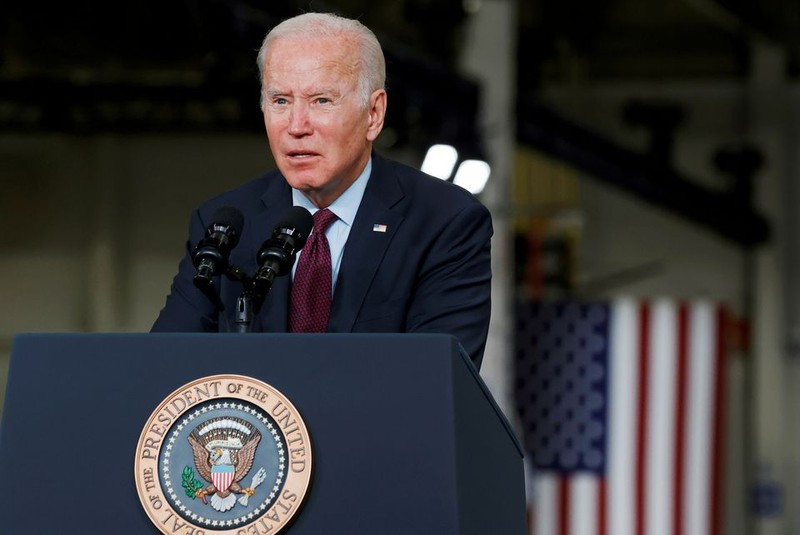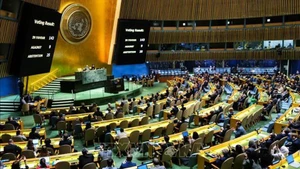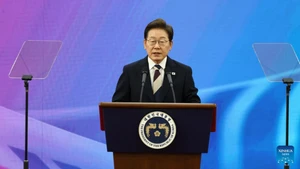As negotiations on the debt ceiling remained in a deadlock, the US government is scrambling to avoid a default that would trigger a recession, cripple the financial system, halt social security services, lay off government employees, and send mortgage rates soaring.
It is only a few days left until June 1, when the US Treasury Department warned that the government could run out of money for operations and default if Democrats and Republicans are unable to reach a deal on raising the debt ceiling. The US public debt currently stands at 31.4 trillion USD.
Meanwhile, members of Congress already began their break after the last vote on the morning of May 25 and will not reconvene until June 4. This has raised fears that the long holiday will disrupt the negotiation process. To ease concerns, President Biden affirmed that the US would not default and highlighted the progress of his talks with House Speaker Kevin McCarthy on spending cuts and debt ceiling increase.
Despite arduous negotiations, Republicans and Democrats have failed to reach an agreement on raising the debt ceiling. The Republicans demanded a spending cut of 130 billion USD and a cap on next year’s expenditures at the 2022 level as preconditions for increasing the debt limit.
They argue that it is impossible to raise the debt ceiling if the government does not take drastic measures to reduce the budget deficit, such as cutting spending on social security and restricting access Medicaid access. The Biden administration rejects these measures and proposes a plan that combines some spending cuts with tax hikes on the wealthiest and corporations that benefit from large tax breaks.
The White House said that President Biden and House Speaker McCarthy had an online discussion on May 25 and negotiators continue to have to narrow their difference on related issues.
According to President Biden, he and House Speaker McCarthy have very different views on where to cut spending. He said “I don't believe the whole burden should fall back to middle class and working-class Americans.”
Meanwhile, House Speaker McCarthy said this is not an easy task either. In conversations with President Biden, House Speaker McCarthy and his aides focused almost exclusively on cutting a small portion of the budget - known as non-defence discretionary spending - including funding for education, environmental protection, national parks, domestic law enforcement, and other activities.
This budget category accounts for less than 15% of the 6.3 trillion USD that the US government plans to spend this year. It has not been very large historically and is projected to decline over the next decade.
Curbing government spending has been a central goal of the debt ceiling talks, while most Americans favour a bill to raise the debt ceiling without spending cuts. It is difficult to predict exactly what will happen next, and the negotiations are reportedly having difficulty in reaching a consensus.
Economists warn that a default will lead to a financial disaster that could trigger a massive sell-off in commodities, drag down the economy, and push up interest rates, along with a host of other risks such as millions of job losses, affected pension benefits, and an economic downturn that would send the world market reeling.
Meanwhile, International Monetary Fund (IMF) Managing Director Kristalina Georgieva said that the debate in the US about the debt ceiling is unnecessary for the world economy, especially in a period in which there are many current uncertainties that should be promptly resolved. Controversy over this issue has unsettled international markets.
The White House said that President Biden does not intend to use the 14th Amendment to avoid a US default, which eliminates the option of using the constitution to break the public debt deadlock. Some experts suggest that using the 14th Amendment to the Constitution would enable the Treasury Department to ignore the public debt limit.
However, the White House maintains that this solution will not address the current issue and the Biden administration is confident that it can get through the tough time and avoid major impacts on the US economy, as well as the ripple effect on the global economy.
















